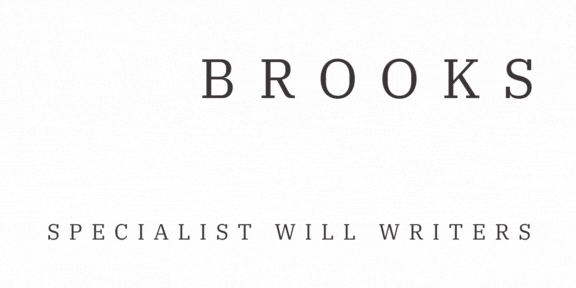The definition of capacity is the maximum amount that an object is able to hold. When we are talking about mental capacity this is no different. With mental capacity it is the ability of the mind to hold and process information to make a decision. If a person has some sort of mental condition that renders them unable to make a decision – such as Vascular Dementia – then they lack capacity.
It is really important to understand that capacity is dependant on the task at hand and the time that it occurs. Loss of capacity is not necessarily permanent (unless you do actually have Vascular Dementia) and will vary dependant on the task needed. You may have the capacity to decide to have jam rather than marmalade on your toast. But that doesn’t mean you have the capacity to make a will.
Capacity to Make a Will
How do you know if someone has the capacity to make a will? By and large, it is obvious. Anyone of sound mind has the capacity to make a will. But there are of course situations where the line is not so easy to draw.
Banks v Goodfellow
The legal test for testamentary capacity comes from a case called Banks v Goodfellow (1870).
The case involved the will of a man who had suffered from mental delusions. He had left everything to his niece and the will was questioned because of it. His niece died shortly afterwards without a will and her inheritance passed to her half brother. The half brother was not related to Mr Banks at all. Mr Bank’s nephew by his half brother brought a claim on the estate on the basis of his lack of capacity. If you want to learn more about the story behind Banks v Goodfellow then follow this link.
Spoiler Alert: The court upheld the will. Its a sad but interesting story that serves as a stark reminder of why you should get a will written.
Sir Alexander Cockburn, through his judgement on the case, established a 4 stage test:
- The testator must understand and appreciate the nature of the will and the consequences of its instructions.
- The testator must understand the extent of the property that they are gifting.
- The testator must be aware of other people who would have a valid claim to the estate.
- The testator must be free of any mental delusions.
Provided the testator passes all 4 parts of this test, then they have the capacity to make a will.
Typically when I see a client, it is abundantly clear either way whether or not they have capacity. Even when capacity is obvious, I always make sure that they do fully understand the gravity of what they are doing before I begin taking instructions.
Capacity to Make a Lasting Power of Attorney
The test for capacity for a Lasting Power of Attorney comes from the Mental Capacity Act (MCA) 2005. The Lasting Power of Attorney was itself created by the MCA 2005, replacing the former Enduring Power of Attorney. New EPAs can no longer be made since the introduction of the LPA. If you have an EPA in existence, it can still be registered with the Office of the Public Guardian. If you want to know more about the EPA, how it differs from the LPA, and how to register them, then click here.
It states that:
“a person lacks capacity in relation to a matter if at the material time he is unable to make a decision for himself in relation to the matter because of an impairment of, or disturbance of the functioning of the mind or brain”
The test in the MCA 2005 is therefore 2 stage:
- They must have a mental impairment.
- That mental impairment means they cant make a specific decision.
It then states in Section 3 that a person in unable to make a decision if they are unable
- To understand the information given to them,
- To retain that information,
- To use that information as part of the decision making process, or,
- To communicate their decision.
Why We Still Use Banks v Goodfellow over MCA 2005
You might be wondering how we are still using Banks v Goodfellow after all this time and not just simply using MCA 2005. Believe it or not there are still cases that are considered good law that date as far back as the times of Christopher Columbus. So this case isn’t really that old in the grand scheme of things. But as it happens it has been brought into question several times in recent years. The most recent comes from the case of Clitheroe v Bond [2021], which confirms that Banks v Goodfellow is still good law.
Comparisons Between the 2
Stage 4 of Banks v Goodfellow is regarding mental impairment, which mirrors stage 1 of MCA. This then leaves the decision making process.
The “relevant information” needed to make decisions involved in making a will is summed up in Stages 1-3 of Banks v Goodfellow. MCA provides a wider scope for “relevant information” because it is designed to cater for all decisions that a person needs to make, not just a will.
There is no need to retain the information in Banks v Goodfellow, but MCA Section 3 states that someone is not considered unable to make a decision simply because the information can only be retained for a short period. This is really the only difference in substance between the 2. But there is a difference in the burden of proof between the 2.
Burden of Proof
MCA 2005 assumes someone has capacity unless it is proved they didn’t. Under Banks v Goodfellow this is the other way around. If a challenger of the will can raise doubt about capacity, then the burden is on the person trying to uphold the will to prove they did have capacity. Following the rule in Banks v Goodfellow therefore makes it easier for a challenger to bring a claim. This is because they don’t have to prove lack of capacity, merely raise a question about it.











